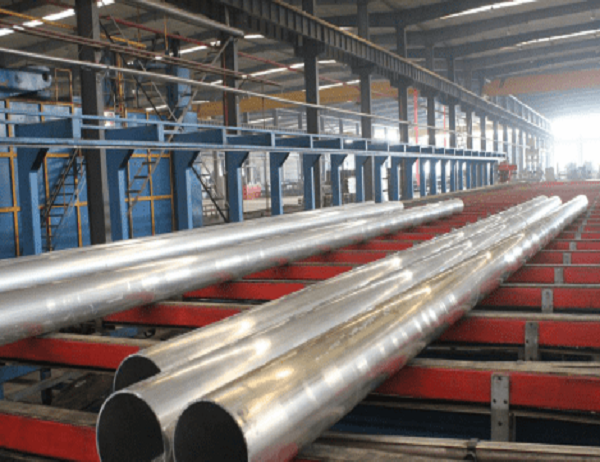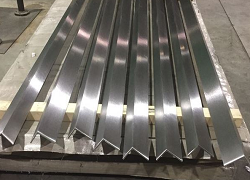In the realm of sustainable construction, aluminium framing systems have emerged as a responsible choice for a greener future. With their inherent durability, recyclability, and energy efficiency, aluminium frames offer significant environmental advantages throughout their lifecycle. This article delves into the key sustainability benefits of aluminium framing systems, highlighting their contributions to a more sustainable built environment.
Durability and Longevity
Aluminium possesses exceptional durability, resisting corrosion and harsh weather conditions. Aluminium frames withstand extreme temperatures, moisture, and ultraviolet radiation, ensuring long-lasting performance and minimizing the need for replacements. This durability translates into reduced maintenance costs over the building’s lifespan, reducing environmental impact and material waste.
Recyclability and Resource Conservation
Aluminium is highly recyclable, making it a valuable resource in the circular economy. Aluminium framing systems can be recycled infinitely without losing their strength or quality. The high recovery rate of aluminium significantly reduces the demand for raw materials, conserving natural resources and reducing greenhouse gas emissions associated with mining and processing.
Energy Efficiency
Aluminium framing systems offer excellent thermal insulation properties. The material’s low thermal conductivity inhibits heat transfer, reducing energy consumption for heating and cooling. Aluminium framing systems also facilitate the integration of energy-efficient windows and insulation, further enhancing the building’s energy performance. By minimizing energy demand, these systems contribute to reducing carbon emissions and promoting sustainable energy practices.
Fire Resistance
Aluminium frames are inherently fire-resistant, meeting stringent safety standards. They do not ignite easily and can withstand high temperatures for extended periods. This fire resistance protects buildings and occupants from damage in the event of a fire, reducing the need for replacement materials and minimizing environmental impact.
Low-Carbon Footprint
The production of aluminium framing systems has become increasingly energy-efficient in recent years. Advances in manufacturing technology and the use of renewable energy sources have reduced the carbon footprint of aluminium production. Aluminium framed buildings have a lower embodied carbon compared to other materials, contributing to overall environmental sustainability.
Reduced Waste
Aluminium framing systems minimize construction waste through their durable and reusable nature. The high recycling rates and reduced maintenance requirements ensure that materials are not sent to landfills, conserving resources and reducing the environmental burden of waste disposal.
Sustainable Certification
Aluminium framing systems often contribute to sustainable building certifications such as LEED and BREEAM. These certifications recognize the environmental benefits of aluminium’s durability, recyclability, and energy efficiency. By meeting these standards, buildings can demonstrate their commitment to environmental responsibility and achieve recognition for their sustainable design.
In conclusion, aluminium framing systems offer a compelling solution for sustainable construction. Their durability, recyclability, energy efficiency, fire resistance, low-carbon footprint, reduced waste, and contribution to sustainable certifications make aluminium frames an environmentally responsible choice. As the construction industry embraces sustainability, aluminium framing systems will continue to play a vital role in creating a more sustainable and resilient built environment.



